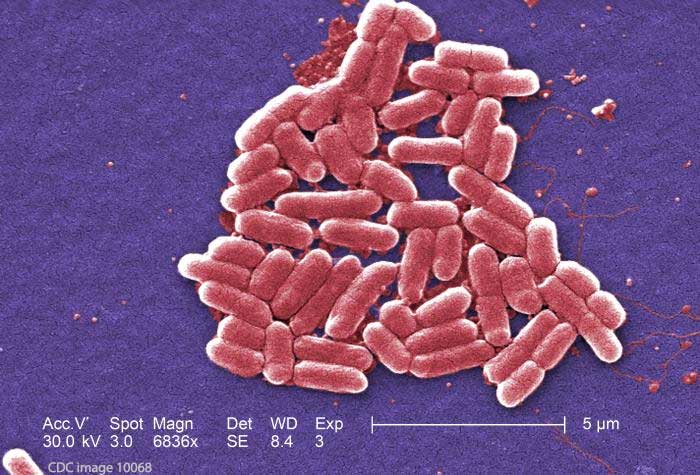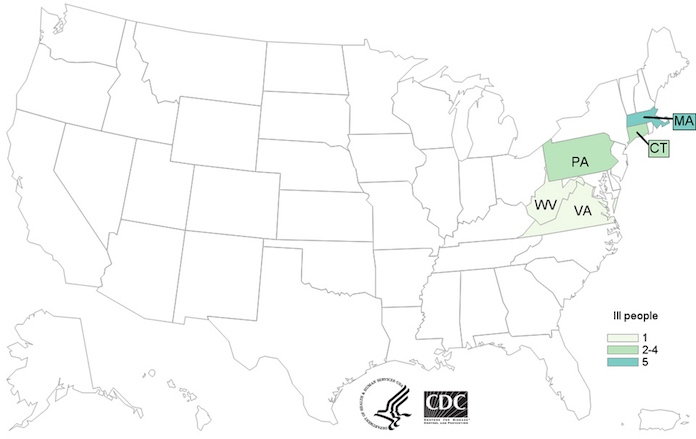Meat sold to consumers should never be contaminated with E. coli, a dangerous foodborne pathogen that is considered an “adulterant” under federal law. But just like ground beef, ground bison can pose an E. coli risk and has been linked to several E. coli outbreaks and recalls in recent years.
These infections can cause serious illness. About 10 percent of people with E. coli infections develop a complication called hemolytic uremic syndrome (HUS), a life-threatening form of kidney failure.
If you or a loved one were sickened after eating ground bison, please contact our experienced E. coli lawyers for a free consultation. When our E. coli lawyers represent a client, we immediately begin an independent investigation of the outbreak in preparation for a lawsuit against all legally responsible parties, which may include the following:
- The meat processor
- A distributor
- A subsidiary or parent company
- A retailer
- A restaurant
Our E. coli Team focuses on E. coli litigation cases, and our attorneys do not settle for less than what we know a case is worth.

Northfork Ground Bison E. coli Outbreak and Recall
In 2019, an E. coli outbreak linked to Northfork ground bison sickened 33 people in eight states,18 of whom were hospitalized. On July 16, 2019, the day the Centers for Disease Control and Prevention (CDC) announced the outbreak, Northfork Bison Distributions, Inc., in Saint-Leonard, Quebec, Canada, issued a recall for ground bison products sold to restaurants and at grocery stores.
Two strains of E. coli were associated with this outbreak, E. coli O103 and E. coli O121. Both of them produce Shiga toxins, a kind of poison that results in more severe infections.
Case-patients, who ranged in age from 6 to 80 years old, reported eating ground bison at restaurants or preparing and eating at home in the week before they became ill. And tests on Northfork bison burgers collected from one of the restaurants was positive for the outbreak strain E. coli O121.
The number of cases reported from each state was: CT (2), FL (6), IL (1), MI (1), MO (1), NJ (3), NY (14) and PA (5).
Adams Farm Beef and Bison E. coli Outbreak and Recall
In 2016, an E. coli O157:H7 outbreak linked to Adams Farm beef and bison products sickened 11 people in five states. Seven people were hospitalized, one person developed (HUS).
Public health officials interviewed seven of the people sickened. All of them ate ground beef the week before they got sick. All but one specifically stated the ground beef produced by Adams Farm Slaughterhouse.
Adams Farm Slaughterhouse recalled cuts of beef, veal, and bison in connection with the outbreak. By state, the case count was: Connecticut (2), Massachusetts (5), Pennsylvania (2), Virginia (1), and West Virginia (1).
Rocky Mountain Natural Meats E. coli Outbreak and Recall
In 2010, people in three states reported E. coli O157:H7 infections after consuming bison products processed by Rocky Mountain Natural Meats, a Henderson, CO firm. Five of the illnesses were reported in Colorado, New York and Maryland each reported one case. The company issued a recall for 66,000 pounds of product sold under the Great Range brand:
- 16-ounce packages of “GREAT RANGE BRAND ALL NATURAL GROUND BISON.” These products have a “sell or freeze by” date of June 21, June 22 or June 24, 2010.
- 12-ounce packages of “GREAT RANGE BRAND ALL NATURAL BISON STEAK MEDALLIONS.” These products have a “sell or freeze by” date of June 23 and June 24, 2010
- 12-ounce packages of “GREAT RANGE BRAND ALL NATURAL BISON SIRLOIN STEAKS.” These products have a “sell or freeze by” date of June 20, June 23 and June 24, 2010
